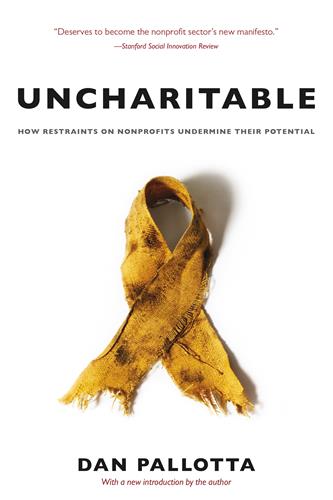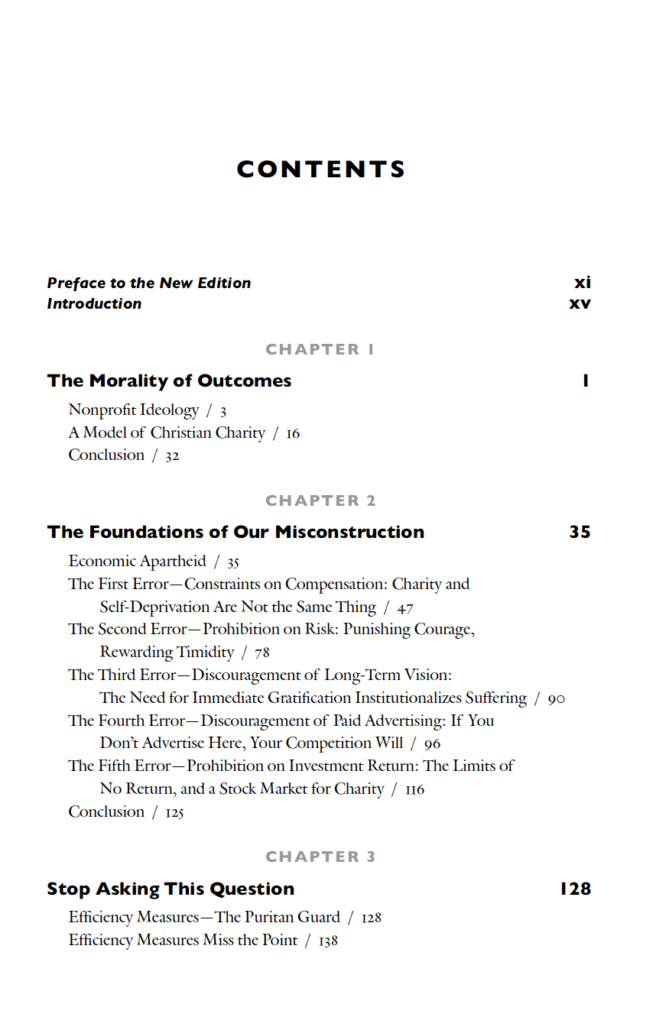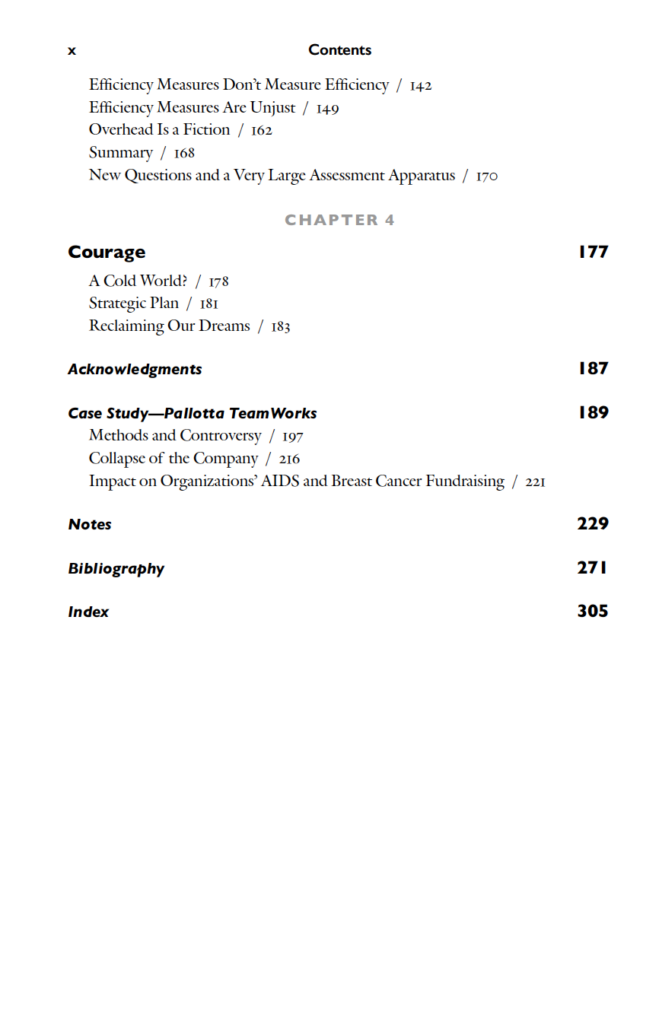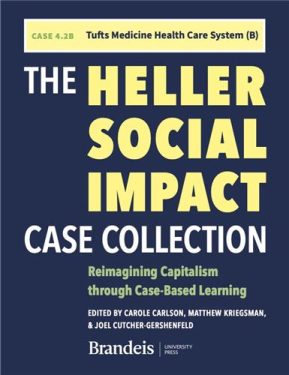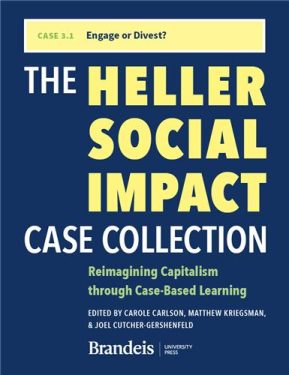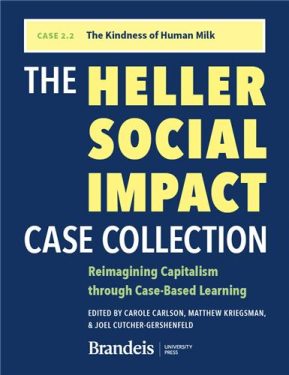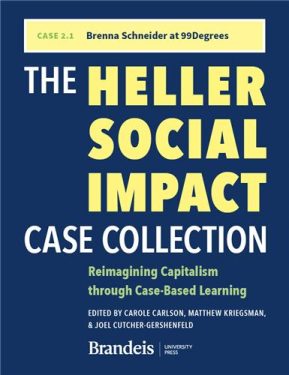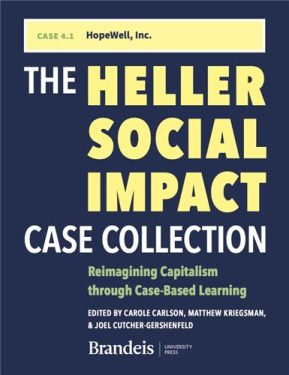Mr Pallotta produces quite a lot of both data and logic. If you do not first analyse a fund-raiser's results, how is it possible to judge whether what it spent was justified? He also makes a convincing case for charities to spend far more on advertising, perhaps even selling shares to pay for it. If this makes you queasy, read Mr Pallotta's book. As he says, To mount a campaign to convert 6 billion people to love--which is essentially the role of charity--takes a lot of money...Raise the capital to promote the idea by offering a return on investment, hire the best people to manage the effort, and run the advertising to spread the word. You beat capitalism at its own game.

